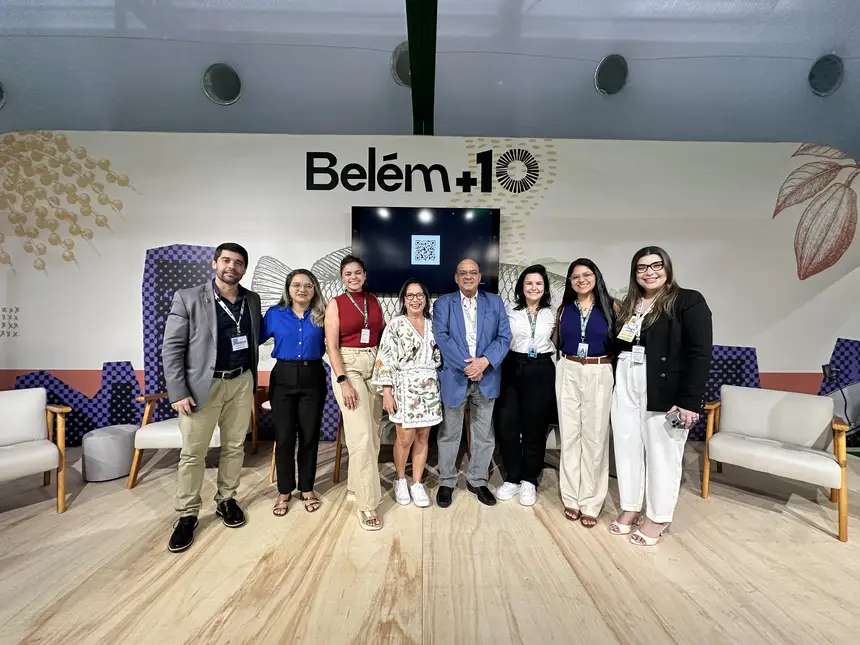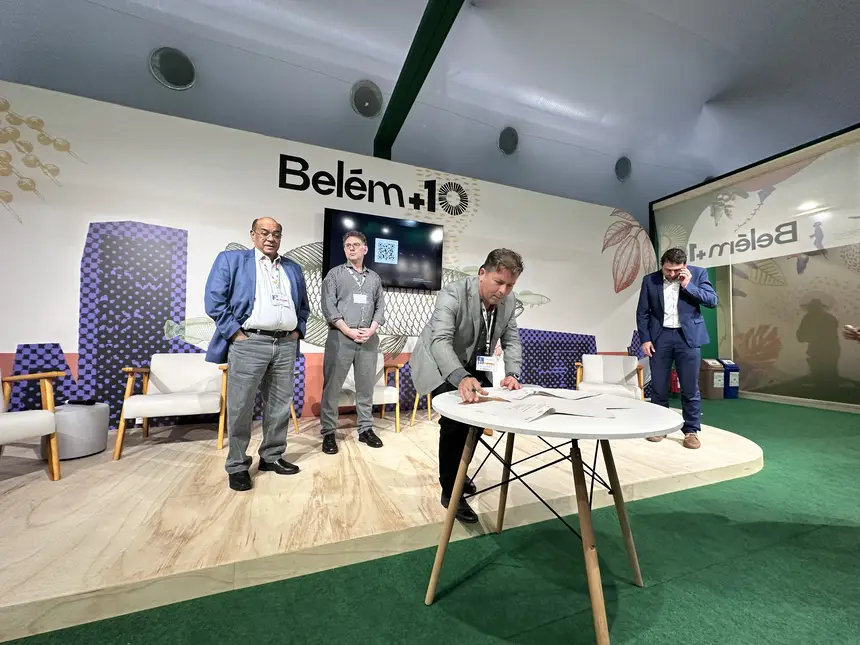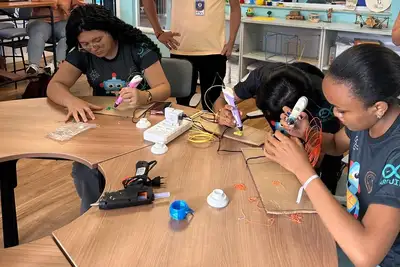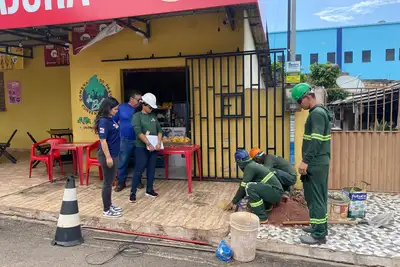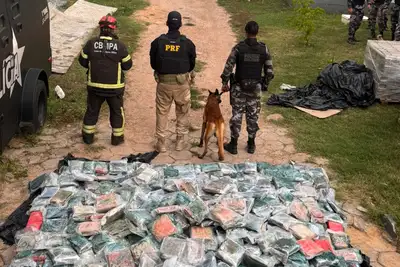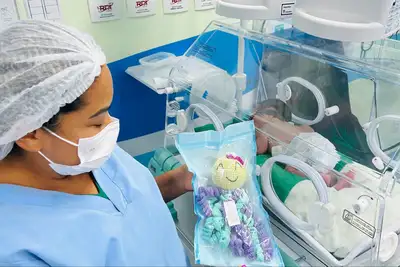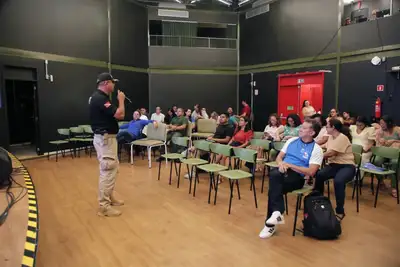Pará leads the advancement in forest restoration with the signing of a Letter of Intent during COP30
The act marks the beginning of an unprecedented institutional cooperation aimed at the implementation and expansion of ecological restoration concessions
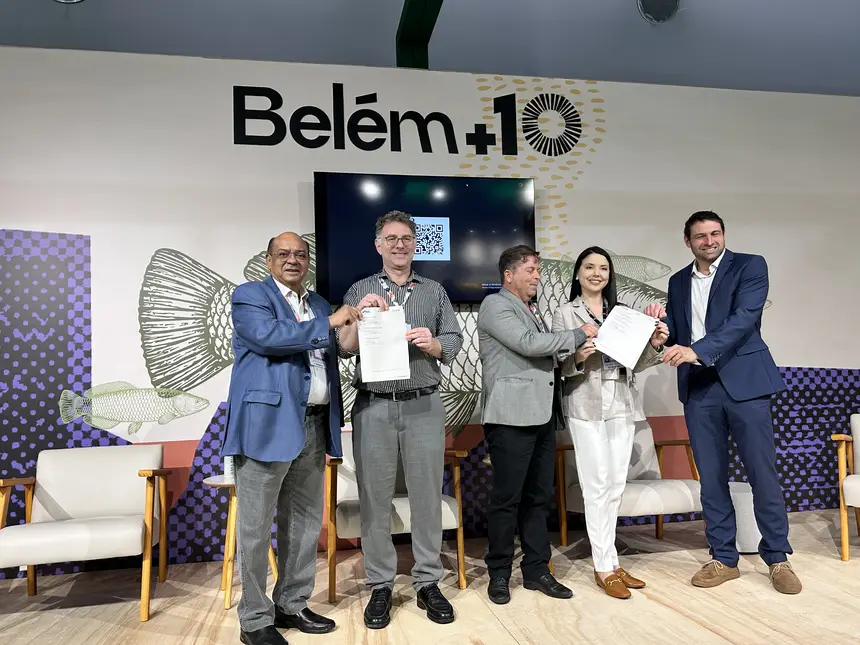
During COP30, in Belém, the Government of Pará took another step in consolidating innovative environmental policies with the signing of the Letter of Intent for strengthening the public policy of ecological restoration concessions in public areas.
The document was signed between the State Secretariat for the Environment, Climate and Sustainability (Semas), the Institute for Forest Development and Biodiversity (Ideflor-Bio), the Brazilian Forest Service (SFB), the Brazilian Fund for Biodiversity (Funbio), and The Nature Conservancy (TNC). The ceremony took place at the Belém +10 Pavilion in the Green Zone of the conference, bringing together environmental leaders from different spheres of government and civil society.
The act marks the beginning of an unprecedented institutional cooperation aimed at the implementation and expansion of ecological restoration concessions, a model that seeks to unite environmental conservation and sustainable development. The agreement provides for the creation of inter-institutional governance arrangements, the enhancement of the technical and regulatory capacity of the involved institutions, and the structuring of innovative financial instruments to ensure the economic sustainability of the concessions.
At the opening of the ceremony, the Deputy Secretary for Water and Climate Management of Semas, Renata Nobre, highlighted the importance of partnership and collective engagement for the success of Pará's environmental agenda. “The participation of each one is essential for the realization of this agenda, as the restoration of various items requires a joint effort to achieve the desired results,” she stated.
Strategies - Representing Ideflor-Bio, President Nilson Pinto emphasized that the State already has successful experiences in restoration projects and agroforestry systems, especially in southern Pará, and pointed out the financing challenges that still limit the expansion of these initiatives. “We have a very large passive of legal reserve constituted after 2008. We believe we can turn this obligation into an opportunity by building legal reserve condominiums and selling reforestation quotas, with financing complemented by carbon credits. Thus, we solve two problems: environmental regularization and forest restoration. We need to plant to sequester carbon and breathe better air,” he declared.
The Director of Concessions of the Brazilian Forest Service (SFB), Renato Rosenberg, reinforced that the agreement represents an advance in cooperation between federal and state entities in favor of the climate agenda. Meanwhile, the Superintendent of Programs at Funbio, Manoel Serrão, highlighted the role of philanthropy and trust among partner institutions as pillars for the success of the project. “On our side, we are very pleased with the partnership established with Semas and TNC. This is the fourth project we have signed with the State of Pará, and each one reinforces the importance of collaboration and the role of national and international philanthropy in leveraging these actions,” he said.
Serrão also highlighted the protagonism of the teams involved. “These actions happen thanks to the energy and dedication of the people who build these bridges. Funbio believes that this partnership strengthens and drives the restoration movement alongside the State of Pará, which is a critical and inspiring action for the country,” he added.
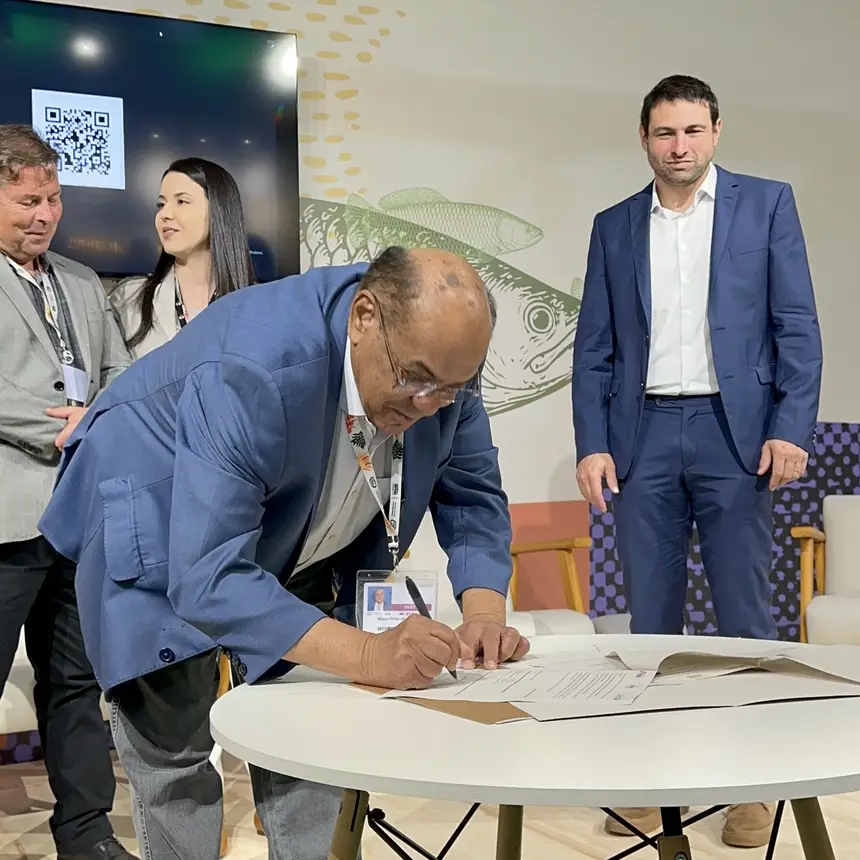
Pioneering - The Executive Director of The Nature Conservancy (TNC), Márcio Sztutman, reinforced the strategic dimension of the agreement and its contribution to transforming development models in the Amazon. “We have learned that a concession in a given territory should function as a vector for territorial development, promoting health, education, income, and a model that opposes degradation. This agreement is a historic step towards that vision — and Pará has shown pioneering spirit and courage in leading this process,” he stated.
According to Sztutman, the partnership seeks to create an institutional environment capable of attracting investments and scaling up restoration actions. “Even if we manage to reduce costs, forest recovery is a capital-intensive activity. It is essential to articulate the financial sector and strengthen the capacities of public power to ensure legal and land security. Only then will we be able to replicate and scale this model in other states and countries,” he pointed out.
The Letter of Intent is considered a symbolic milestone of COP30, as it represents the convergence of efforts between the public power and civil society organizations in search of sustainable solutions in the face of the climate crisis. The document recognizes forest restoration as a vector for territorial development and productive inclusion, articulating governance, financing, and community engagement actions.
The act reinforces Pará's role as a national reference in environmental innovation and climate change adaptation policies, consolidating the State as one of the protagonists in the transition to a green and resilient economy.


